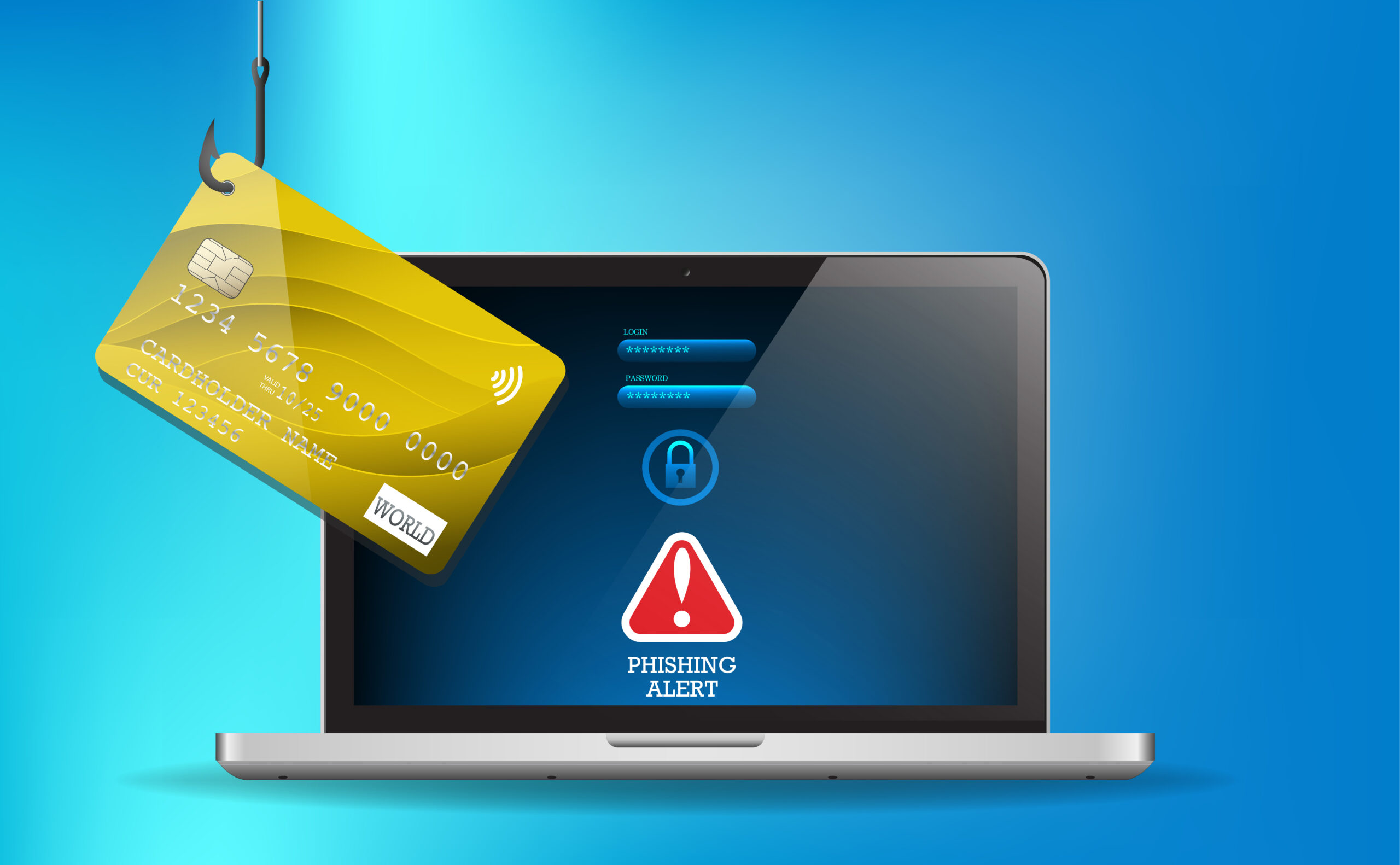Avoiding financial loss is crucial in the digital age. While the convenience of online shopping and transactions is undeniable, it is important to remember that any advancement in technology comes with new challenges that need to be addressed. This is especially true when it comes to money and finances. Even though it’s almost impossible to go about our daily lives without using some form of online transaction, we can keep our hard-earned money safe by following certain security best practices.
Secure and Unique Passwords To Avoid Financial Loss
While it may seem obvious, having a strong and unique password can protect your account from attacks. Passwords act as the first line of defense against attacks. Furthermore, regularly changing your passwords, not using commonly known personal information, and creating passwords with a unique combination of letters, symbols, and numbers can be a game-changer when it comes to protecting your accounts.
Never Save Financial Details
Saving your card or other financial information on your mobile phone is convenient not only for you but also for anyone who gains access to your phone. When you save your credit or debit card information on your phone, the attacker only needs the OTP to perform unauthorized transactions. They can easily access it if they have access to your mobile phone.
Never Use Public Wi-Fi
Never connect to public Wi-Fi, and especially never make transactions on a public network. Most public networks are unencrypted, and an attacker can easily eavesdrop, capture login information, or even redirect transactions all without your knowledge. So a step as simple as not using a public wifi connection can save you from financial loss.
Use VPN for Banking Transactions And Avoid Financial Loss
A VPN (Virtual Private Network) creates a secure encrypted tunnel between you and the bank server. All the traffic in this tunnel is encrypted and cannot be easily accessed by the attacker. This helps in securing your financial transactions and avoiding financial loss.
Beware of Phishing Attack
Beware of phishing attacks and never click or enter login details on any unsolicited links that you may receive through email or SMS. Attackers design these links to look genuine, but in reality, they are used to steal or leak your information.
Browse only Secure Website
Check the website for https:// at the beginning of the URL. You can also use sites like ScamAdvisor or VirusTotal to verify the age and other details of a website to determine its authenticity before entering any information.
Enable 2FA or MFA To Avoid Financial Loss
Using Two Factor Authentication (2FA) or Multifactor Authentication (MFA) instead of Single Factor Authentication adds a layer of protection. It requires the user to enter an extra piece of information to prove their identity. This extra information can be biometric data, an OTP, or an authentication code from apps like Google Authenticator. It can also be physical devices, such as keycards.
Regular Reviews of Bank Accounts And Avoid Financial Loss
Regularly review your bank account statements for any unauthorized transactions and report them to the bank immediately so that they can lock your account and cards, avoiding any further financial loss
Enable Bank Transaction Notifications
Enable transaction notifications for your account. This will help you quickly identify any unauthorized transactions before you incur significant losses.
Following these tips can significantly reduce your chances of falling prey to financial scams. Remember that an ounce of precaution is always better than a pound of cure!







